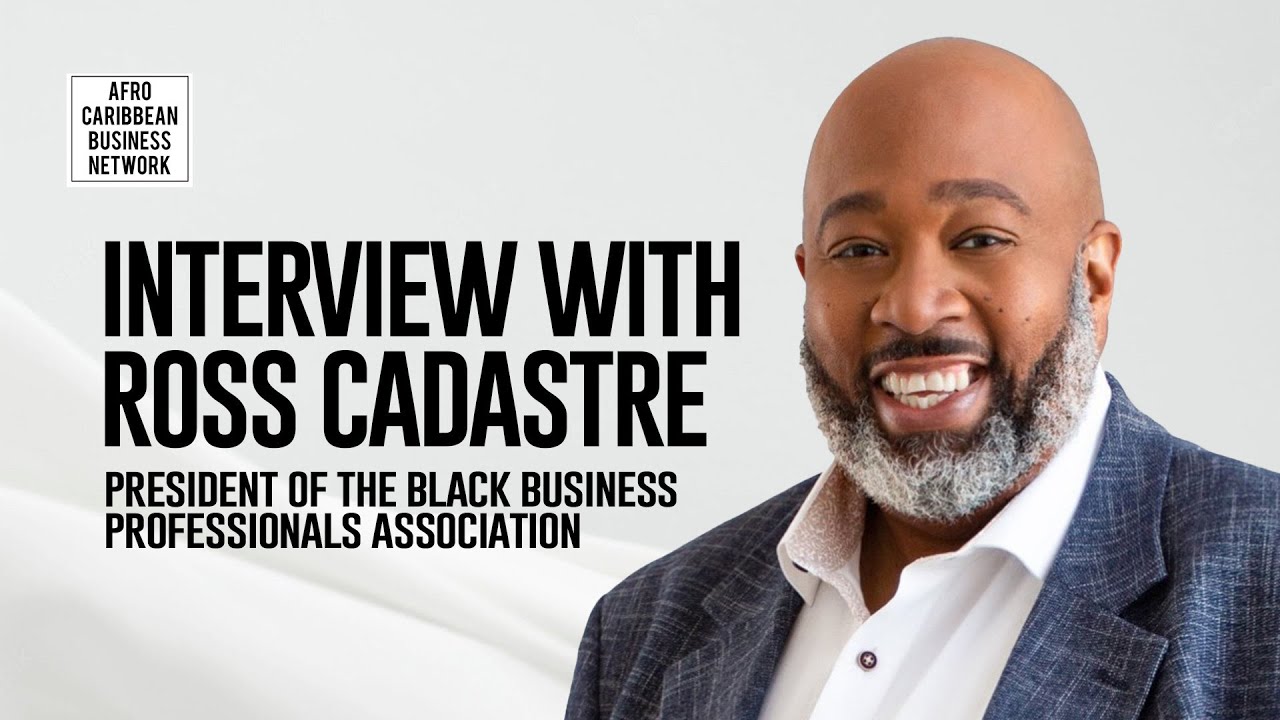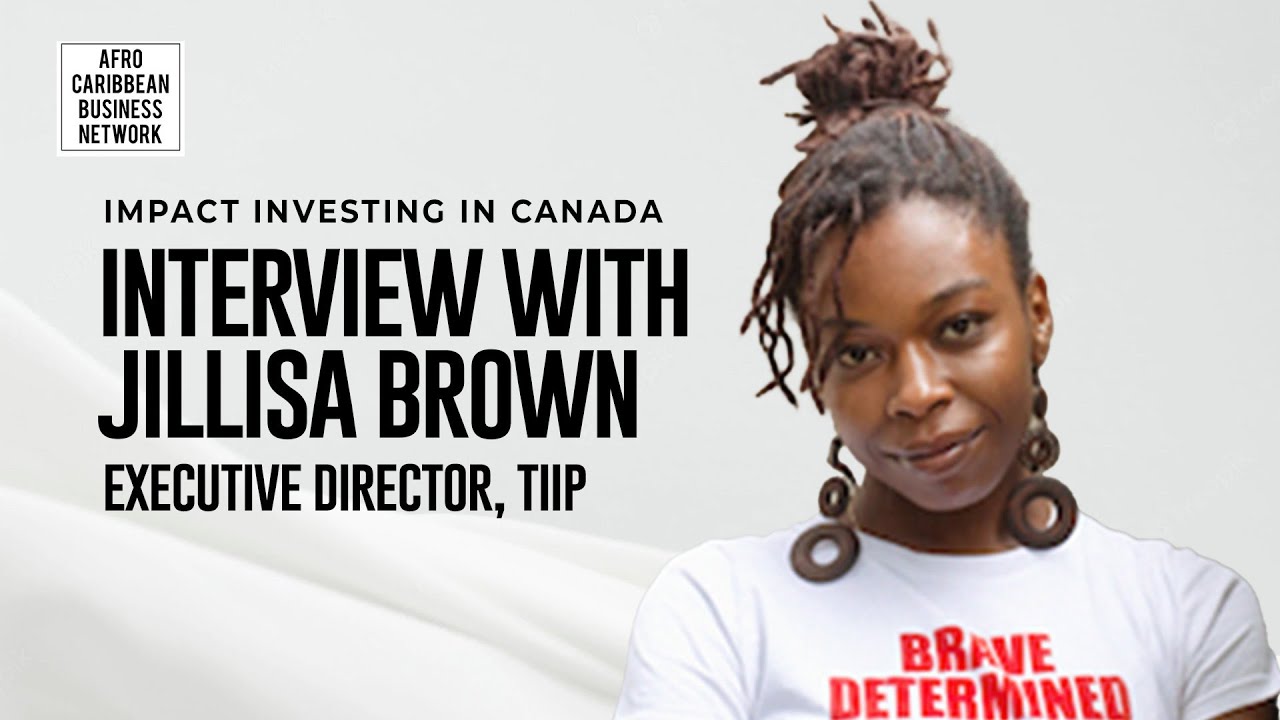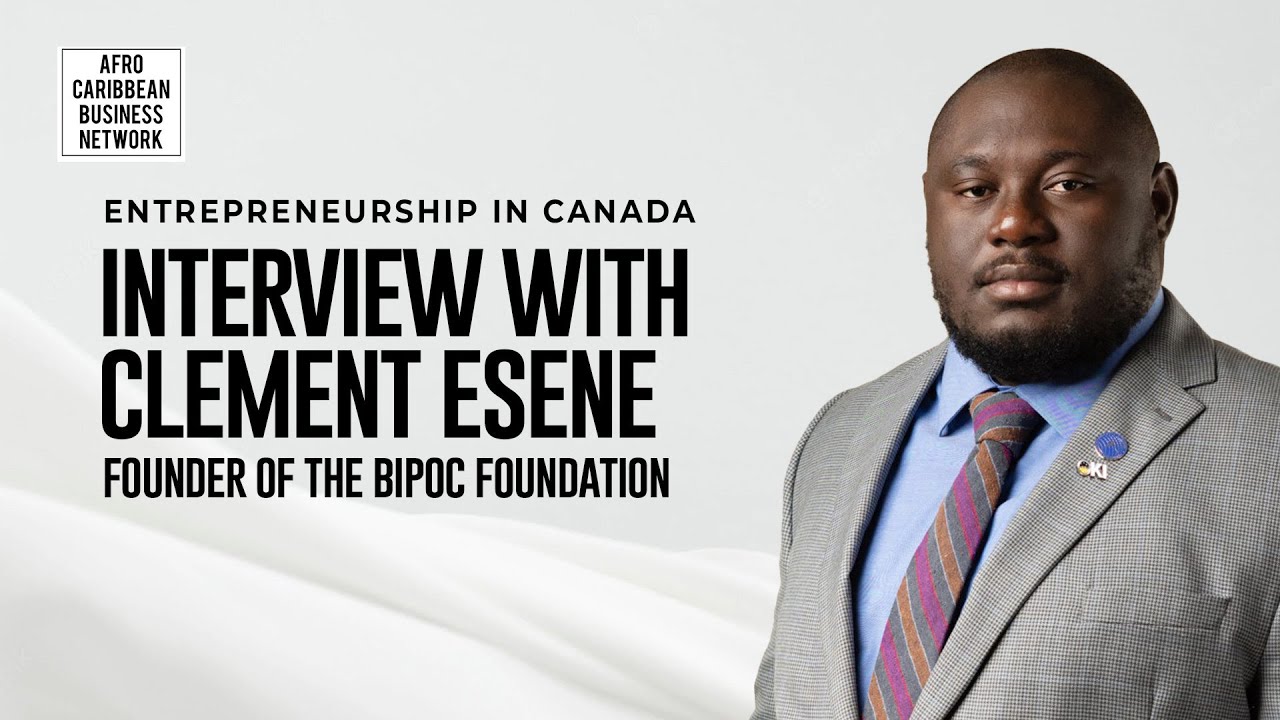Watch full interview here: https://youtu.be/jLD5XtdHuQY
The foundation of our network, captured beautifully by the proverb, “I am because we are,” reminds us that true entrepreneurial success is never achieved in isolation. Recently, our network had the immense privilege of drawing wisdom from Elder Abena Ginelle Skerritt, a phenomenal leader and executive whose decades of work demonstrate how traditional principles translate into powerful, sustainable economic and community development.
As business owners navigating complex markets, her insights—spanning collective economics, strategic land ownership, and selfless leadership—offer a powerful roadmap for building companies that are resilient, profitable, and rooted in purpose.
Here are the key business strategies we can adopt from Elder Skerritt’s remarkable body of work:
——————————————————————————–
1. Redefining Capital: Trust as Your Highest Yield
We often focus solely on maximizing interest rates and quarterly profits. However, Elder Skerritt’s work with the Susu model challenges us to look beyond conventional financial metrics.
Susu, a system of collective economics, is moving significant resources within the community—approaching a million dollars over two years in her groups alone. When questioned about the lack of traditional interest, Elder Skerritt notes that the true interest comes in the form of trust and resiliency built within the community.
The Business Takeaway:
• Trust is Your Prime Asset: For business owners, this means shifting focus from transactional relationships to relational ones. The trust and resiliency you build with customers, suppliers, and partners provide actual value that shields you during economic downturns, far exceeding short-term gains.
• Embrace Cooperative Models: Look for ways to pool resources, invest together, or start shared businesses with others in the network. This collective effort, which our ancestors utilized successfully, moves larger capital and stabilizes the entire ecosystem. We must be able to understand and function in a capitalist society, but we should prioritize a collaborative, cooperative model based on our own values.
• Solving Foundational Problems: Elder Skerritt connects Susu savings to helping the community achieve sustainable self-determination around housing, specifically saving for a down payment. Our businesses should similarly seek ways to link our core services to solving foundational community problems, ensuring our economic models are built for liberation and progress.
2. Strategic Asset Acquisition and Supply Chain Resilience
Elder Skerritt and her husband operate Adinkra Farm, a 42-acre property one hour north of Toronto, which acts as a center for food sovereignty and community gathering. This initiative is a practical realization of a vision held by her husband’s 1970s band for acquiring land.
The Business Takeaway:
• Invest in Hard Assets for Self-Determination: Land ownership provides fundamental stability and allows for activities (like drumming and gathering) that might be restricted in the city. For businesses, this translates into aggressively pursuing real estate and foundational assets that secure your operations long-term and provide a space for community engagement.
• Manage the Supply Chain Crisis: Elder Skerritt notes the importance of taking up challenges around rising food prices and questionable nutritional value. Our businesses must similarly address the reliability and nutritional value (quality) of our input sources. Exploring diversification—like hydroponics or growing high-demand crops—is a necessary step for future sustainability.
• The Power of Dual Purpose: Adinkra Farm is both a farm and a renovated community gathering space. Our business properties can serve multiple purposes, generating revenue while fulfilling a social purpose, reinforcing the principle of “I am because we are.”
3. Selfless Leadership and Becoming a Reliable Source
Elder Skerritt defines good eldership not by age, but by maturity, selflessness, and a broad scope of vision that goes beyond immediate personal issues. Elders must be out there, interacting with the community, so people know they can rely on them for guidance—whether it’s on work situations, property ownership, or implementing economic systems like Susu.
The Business Takeaway:
• Lead with a Wide Scope: True leadership requires selflessness and the ability to maintain a scope of thinking that looks beyond immediate profit and addresses long-term relationship, business, and life direction for those in your orbit.
• Build Authority Through Reliability: The community relies on Elder Skerritt for referrals and advice because they see what she and her husband are actively doing. This consistency transforms into credibility. As business leaders, we need to be visible, interacting with our community, and providing reliable information and expertise. This reputation is invaluable for attracting talent and customers.
• Provide Practical Guidance: From fashion advice to business strategy, an effective leader offers actionable insights. We should aim to be the go-to source for specific practical knowledge within our industry.
4. Intentional Succession Planning and Coaching
We often lament the absence of young people in our key meetings and events. Elder Skerritt provides a solution: Elders must make themselves available and actively engage in succession planning. This involves proactively hiring and coaching young people in economic opportunities.
The Business Takeaway:
• Succession is Active, Not Passive: Don’t wait for the next generation to show up; hire them and coach them. Intentional development involves inviting young talent to assist at workshops, giving them the marker, and putting them in positions where they have to learn by doing.
• Invest in Future Leadership: By prioritizing young people in economic opportunities, we ensure the sustainability of our businesses and the continuity of our values. This approach mitigates leadership gaps and transfers institutional knowledge effectively.
5. The Mandate for Self-Knowledge
Elder Skerritt’s call to action for young people is simple yet profound: Be informed and get informed. The information necessary for success may not be easily accessible through normal methods, requiring deliberate effort, using music as a historical resource, and asking elders directly.
The Business Takeaway:
• Self-Knowledge is Strategy: An entrepreneur cannot truly know their path or contribution without knowing the history of their people. This historical literacy provides context for struggle, identifies traditional models of success (like the co-operative subsistence model), and guides our strategic purpose.
• Leverage Internal Wisdom: Our parents and community elders hold vital information about our personalities and purpose that can guide our business trajectory. We must deliberately seek out and utilize this wisdom when setting our overall life direction and business goals.
By weaving together these lessons—prioritizing trust over simple profit, investing strategically in assets, leading selflessly, and actively developing the next generation—we ensure that our businesses are not just solvent, but sovereign.
Watch full interview here: https://youtu.be/jLD5XtdHuQY









